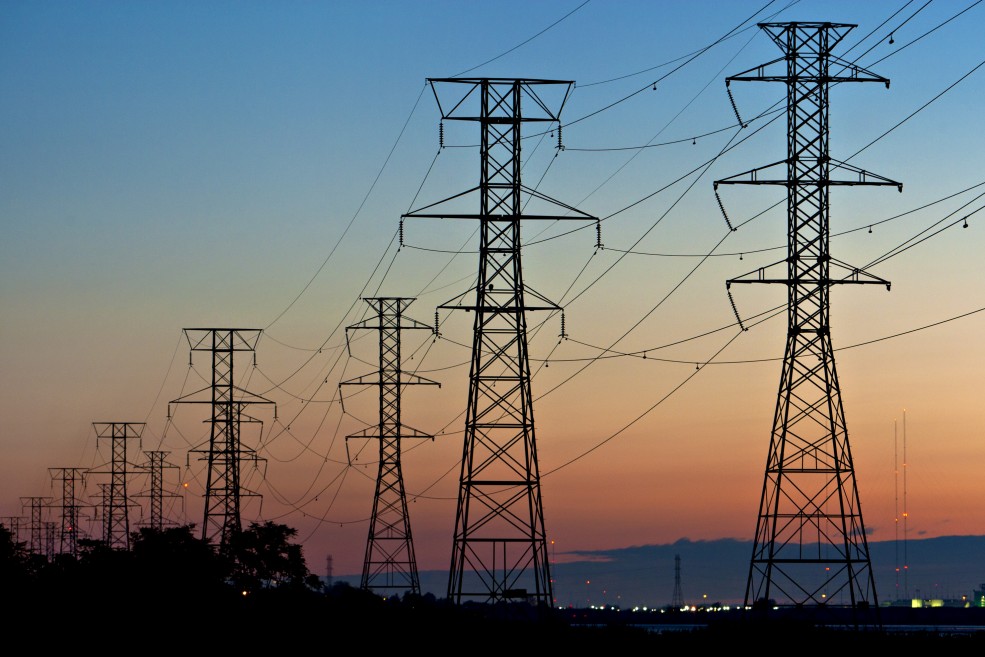
Grid of the Future
- 3st March 2021
- Mumbai
- Energy | Climate Change
Written By: Harsh Gupta
Most of our current electricity grids were made decades ago and were meant to consume less amount of energy that was created by conventional methods of producing electricity. But as our dependence on electricity increases, our demand and supply also increases exponentially. We need to start upgrading our grids as soon as possible as upgrading is a time consuming and costly affair.
We not only have to upgrade our grids but also invent a Smart grid. A Smart grid is a grid which distributes energy in an intelligently digitized manner. It is introduced by a two-way dialogue where electricity and information can be exchanged between the provider and the consumer. It is a rapidly growing network of information, management, new technology and electronic communication. They have one common goal which is to convert the existing grid into a more efficient, reliable, secure and sustainable grid.
Smart grid users can see their real time electricity usage which allows consumers to manage the cost they will be paying. Companies have to shift to a dynamic price system so that consumers can plan their appliances such as washing machines, dishwashers, air conditioners to work during non peak hours. A good example of this would be charging Electric Vehicles (EVs). As it is widely known that Electric Vehicles are the future, so imagine if everyone charged their EV’s at night, this will increase the load on the system, which may cause power cuts. Hence, if the majority of appliances are operated during non peak hours it will reduce the chances of power failures and black-outs.
Currently, most of our grids are powered by thermal power-plants. But recent incidents have shown us that nature can overpower humans at any given time. We need to shift to more sustainable practices and solutions such as Distributed Energy Resources (DER). The Smart grid enables newer technologies to be integrated such as solar and wind. The power generation can now be distributed across multiple sources, so systems can be more stable and efficient.
The benefits of a Smart grid includes improved efficiency and reliability of the electricity supply, integration of more renewable energy into existing networks, supporting the growth of Electric Vehicles at a larger scale, new solutions for customers to optimize their electricity consumption and reduction of carbon emissions and more. Smart grid is not just about improving the existing infrastructure but also about realising the full potential of the network. It promises to produce low carbon emission and an efficient and clean energy system. We need to deploy Smart grids soon in order to reap its benefits.
--
Source: News Agencies
Image Source: Google